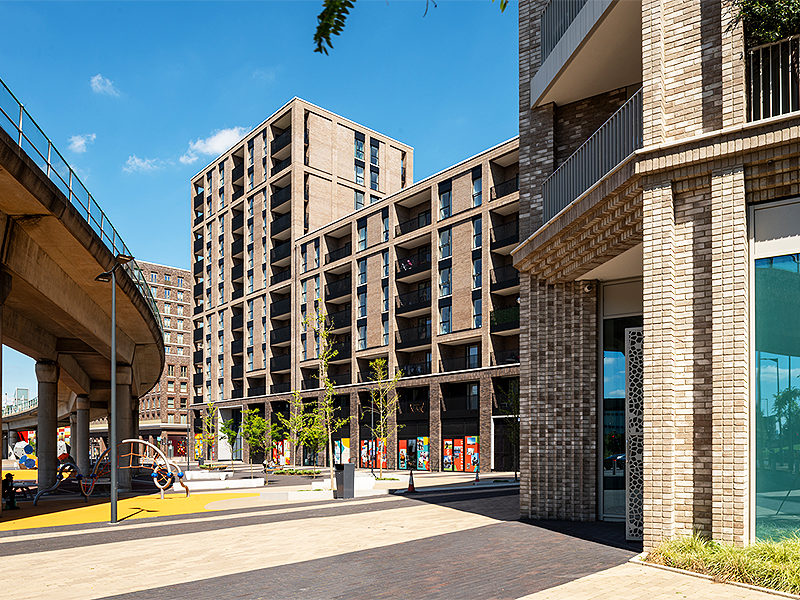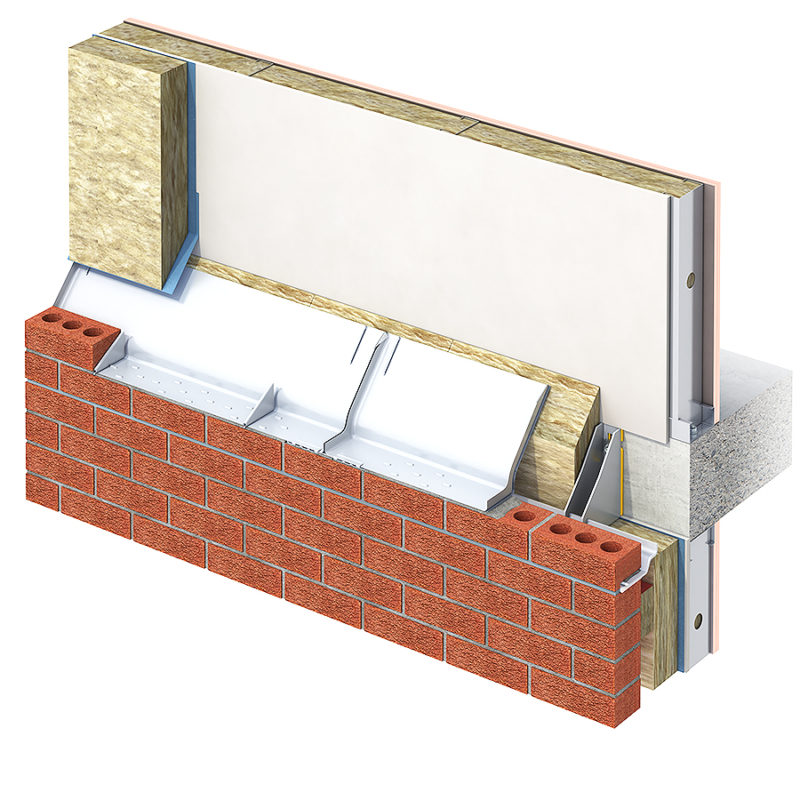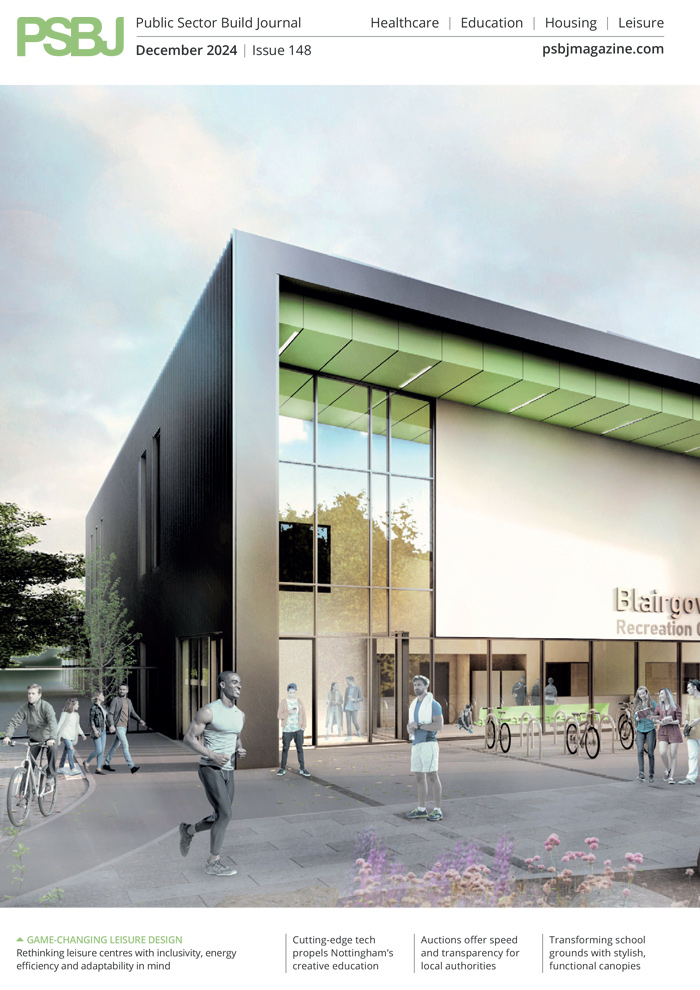Proper specification is a fundamental element of construction quality, sustainability and safety in the UK. In an ever-evolving construction industry, this essential principle endures. John Duffin, Managing Director at Keyfix, emphasises the critical role specification plays throughout the construction process and why the built environment sector must continue to prioritise it.
Keystone Group
Having a proper and comprehensive specification document is crucial to ensuring each project stays on track, is compliant with current regulatory requirements and, ultimately, allows everyone to work towards creating a successful build. This living document facilitates transparency throughout a project, providing all stakeholders with access to up-to-date and accurate data, from the initial conception right up to project completion.
In the modern built environment, best practice involves writing specifications as early as possible in the project lifecycle. By doing so, you can capture information from the client review and document what the client is trying to achieve on the project.
Before detailing just why proper specification is so important, it’s pertinent to understand exactly what specifications are and the role they play in the process.
What is a specification?
Put simply, a specification is the document that provides a detailed description of the materials, construction, workmanship and dimensions of work, either completed or to be done, and is typically prepared by an engineer or architect.
The type of specification can often relate to either the project or the procurement route, whether that’s performance based, proprietary or prescriptive. This will depend on the project requirements.
Construction specifications usually cover:
• Site establishment
• Asset performance criteria
• Contract type
• Specific products to be used
• Applicable standards and how they are executed
• Systems and product quality.
Ensuring clear instructions and information are shared by all involved
Proper specification not only references any standards and quality that should be applied, but it also provides clear instructions on project intent, construction and performance. This lays the groundwork for an incredibly successful project with outstanding build quality, safety and sustainability.
Additionally, any materials and manufacturer products can be clearly defined from the outset, which enables the process to be as smooth and efficient as possible.
While proper specification is typically provided at the beginning of a project, it also plays a vital role throughout the entirety of the construction. In fact, as a living document, it can be used by the complete project team throughout the construction phase.
Minimised project risk
Having a clear definition of all the materials involved and the dimensions needed throughout the project means the specification can form part of the contractual documents. As a result, project risk can be minimised and, should there be any legal disputes, support will be available. Indeed, as the specification is an essential part of the contract documentation, it will be legally binding in the event of any litigation or disputes.
This is especially important given a report by Arcadis revealed the average construction dispute in the UK in 2020 was valued at £27.7m, an increase of 117% from 2019.
Furthermore, precise specifications will help to identify potential safety hazards and prevent accidents, both during construction and after completion.
Saving time and money
A new study by digital construction management specialist PlanRadar revealed building errors and the necessary rework amounted to 11% of total project costs for UK and EU constructions. Poor-quality materials and quality control were the two largest contributors to building errors and rework in the UK.
As a result, proper specification is absolutely vital. By providing clear, accurate and concise information, you will help to reduce the amount of rework required, saving precious time and money.
Additionally, specifications that are clear, extensive and information rich will provide answers to many onsite construction questions, further saving the contractor, project team and end client money and time.
Peace of mind for the client
While proper specification can make a huge difference to the quality and safety of a building, it can also provide the end user or client with the peace of mind of knowing that due diligence has been properly carried out throughout the project.
If something goes wrong with a project, it can often increase the amount of time taken to complete it or the amount of money it will cost to undertake amendments or repairs. An accurate and proper specification will ensure an audit trail for any project, giving any contractors and the end user easy and quick access to any relevant information.
As a company that prides itself on attention to detail and delivering exceptional quality, Keyfix understands the importance of proper specification and close collaboration between all members of a project. Working closely with clients from conception to completion, Keyfix specialises in the manufacture and supply of market-leading non-combustible cavity tray systems, ideal for any high-rise masonry UK construction project that requires Document B compliance.













